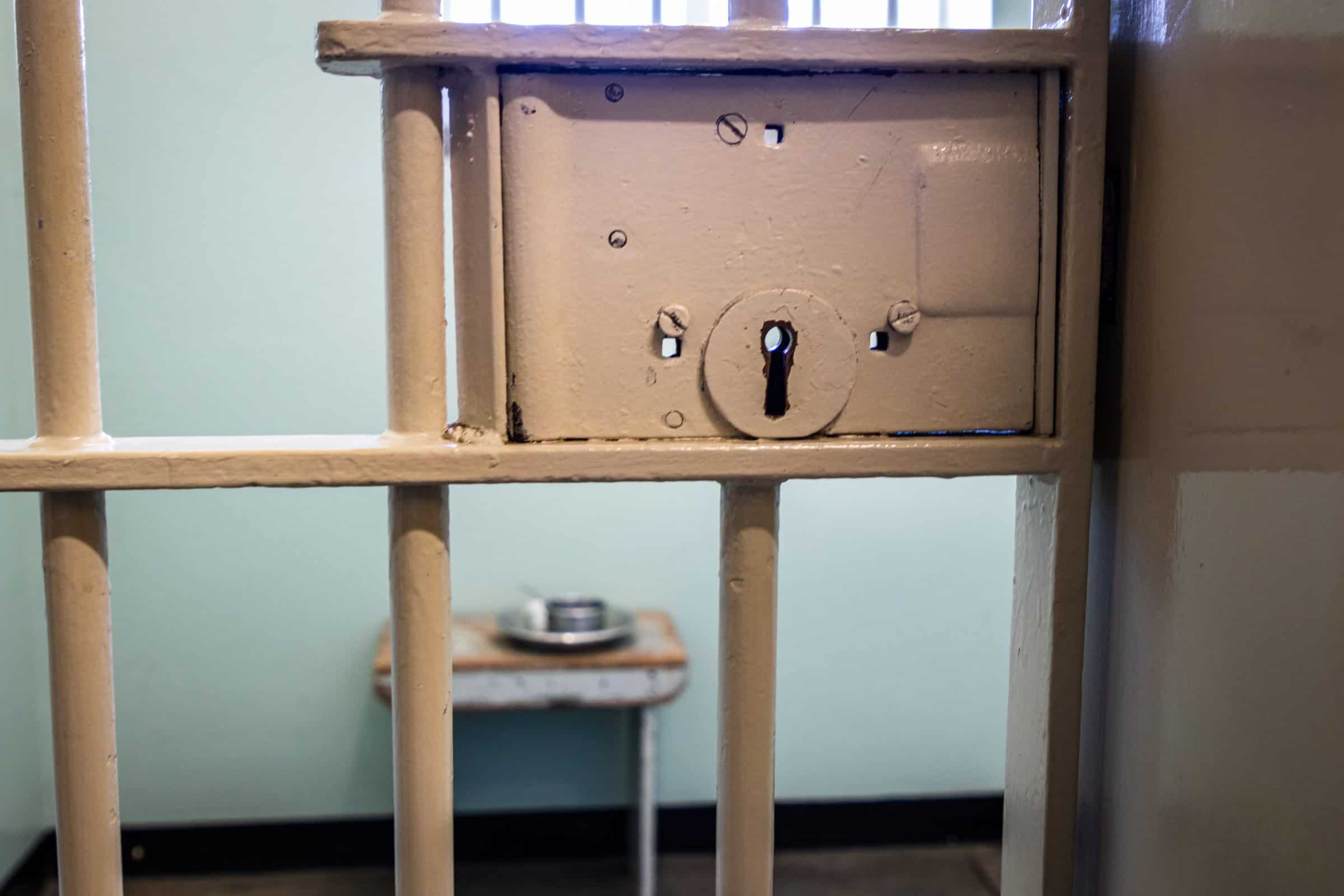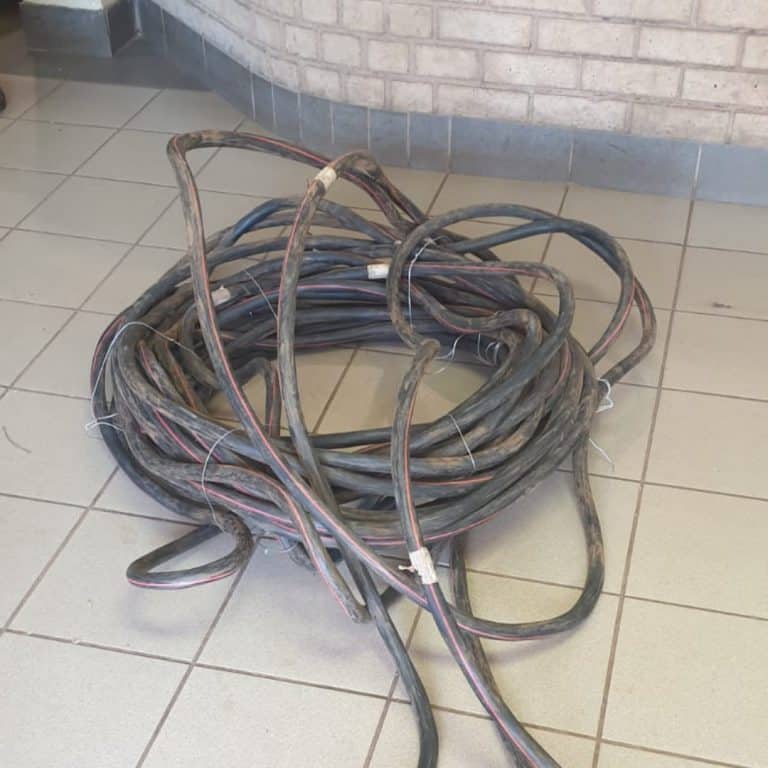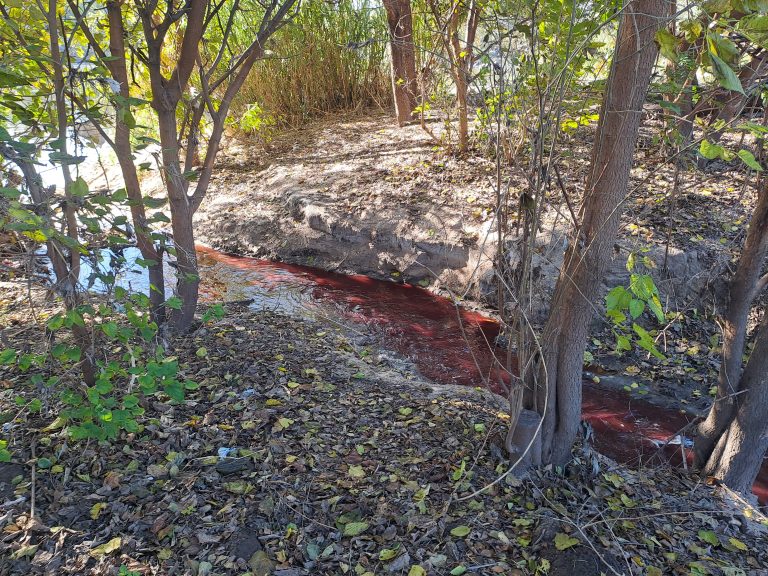Court hears evidence about accused (87) who is unfit to stand trial
Following the National Prosecuting Authority’s failure to prosecute Dieter Bergs (87) for more than eight years for amongst others the alleged murder of his late wife, Genèe Bergs, the Southern Gauteng High Court in Johannesburg heard evidence this week in terms of section 77 of the Criminal Procedure Act. The court must now decide on a balance of probabilities whether Bergs can be found guilty of various crimes. AfriForum’s Private Prosecution Unit is supporting the daughter of the deceased in this case.
The burden of proof in section 77 proceedings is much lower than in normal criminal cases where prosecutors have to prove beyond a reasonable doubt that someone is guilty. If Bergs is found guilty, he will be placed as a state patient in a frail care institution for the rest of his life.
This follows after Bergs was found to be unfit to stand trial in terms of a psychiatric report from Sterkfontein. Bergs is being accused of five crimes that he allegedly committed between 2013 and 2014. This includes the murder of Bergs, forgery, possession of an unlicenced firearm, possession of ammunition and uttering. The Magistrate’s Court in Johannesburg, after a formal inquest into Genèe’s death, in August 2019 found that Bergs is prima facie responsible for her death.
Genèe’s daughter approached AfriForum’s Private Prosecution Unit in 2019 after it seemed that the NPA was not in a hurry to act in accordance with the inquest court’s finding and prosecute Bergs. After AfriForum’s Private Prosecution Unit in April 2020 made representations to the Director of Public Prosecutions (DPP) that Bergs should be prosecuted, the DPP instructed that Bergs must be prosecuted and he had to appear in the Johannesburg Magistrate’s Court in December 2020 on theses charges. He was then released on bail and the case was transferred to the High Court.
The trial was supposed to start in January 2022, but the accused’s legal team on this date handed up a private psychiatric report which indicated that Bergs does not possess the mental capacity to stand trial due to a medical condition. Hereafter, the NPA wanted to withdraw the case, but AfriForum’s Private Prosecution Unit advised them that Bergs had to be tried in terms of section 77. This case is a prime example of how the NPA’s incomprehensible failure to prosecute an accused promptly has now led to the inability to bring the accused before a “normal” criminal court.
Adv. Indira Bayat, the prosecutor in the case, during the section 77-proceedings led evidence that Bergs was in a lot of debt and that his wife’s signature had been forged which led to shares that were in her name being transferred to his name. Genèe also had a policy that was worth about R4 million of which the funds allegedly disappeared. If Bergs is not tried and found guilty, he could inherit from his deceased wife, which will not be the case if he is found guilty of her murder.
The court also heard evidence that on the night on which Genèe was shot dead there were no signs of forced entry to the house, although Bergs alleged that Genèe had been shot during a house robbery. Genèe’s family also found a pistol which was registered in Bergs’s name weeks after the incident, but Bergs had failed to declare this weapon to the police. A third firearm was also discovered in the garden by the gardener. This firearm had been severely damaged, but according to an expert witness who testified at the inquest, this damage was not due to the elements. Berg’s defence attorney alleged that he had borrowed this weapon from a deceased friend. Furthermore, nothing was stolen during the alleged robbery.
During the proceedings, AfriForum’s Private Prosecution Unit also provided their equipment to ensure that the matter could proceed seeing as the accused (who is in Cape Town) could not be physically present in court.
“The rule that justice must not only be done, but be seen to be done by society has been highlighted by this case. The NPA’s delay in prosecuting the accused could have had far-reaching consequences for Genèe’s family. However, we welcome the fact that the case is now before court and we will continue to monitor the proceedings,” says Natasha Venter, Advisor at AfriForum’s Private Prosecution Unit.









